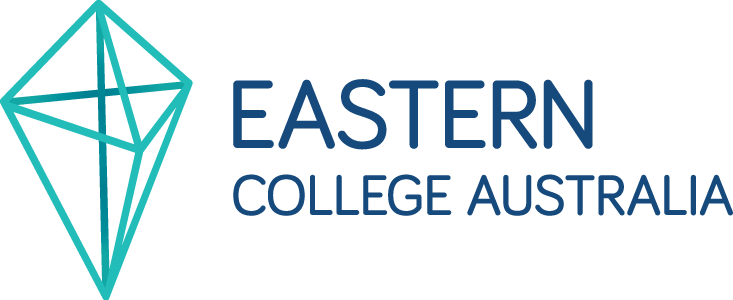The regulatory standards for Higher Education require that the College provide accurate and accessible information about the College and its services when advertising to prospective and current students. For overseas students, the National Code of Practice for Providers of Education and Training to Overseas Students 2018 (Standard 1) outlines obligations for the College that it “must not engage in misleading or deceptive conduct in the recruitment of overseas students or intending students or the provision of courses to overseas students”. This policy incorporates these regulatory standards and guidelines.
The purpose of this policy is to provide guidelines and criteria for the development and dissemination of advertising which meets compliance standards, is accurate and factual, accessible, and current regarding the College’s services to the public, students (domestic and overseas), alumni, affiliates and prospective students (domestic and overseas).
This policy applies to both internal advertising (e.g., posters, brochures, website) and external advertising of the College’s branded products and services (e.g., social media advertising, radio). The policy outlines what constitutes approved College advertising and is applicable to staff, future and current students, alumni, and affiliates.
The College has an obligation to ensure that all information and advertising materials provided to current or prospective students regarding courses that lead to Australian Qualifications Framework (AQF) qualifications or statements of attainment are accurate. For all marketing and promotional materials to domestic, overseas, intending, current or prospective students (including those being recruited through an education agent) should abide by the following criteria:
- Does not contain any false or misleading information and is consistent with Australian Consumer Law (Competition and Consumer Act 2010);
- Promotes courses which are accredited by TEQSA only ;
- Provides accurate details regarding any government financial assistance such as FEE-HELP, HECS-HELP or other government funded subsidies and clearly outline to whom such financial assistance is available to (e.g., Domestic students only);
- Disclose its association with any other persons or organisations that the College has arrangements with for the delivery of the course;
- Clarify any work-based training a student is required to undertake as part of the course;
- Publish current and accurate prerequisites—including English language proficiency—for entry to the course;
- Any other approved information relevant to the College, its courses or outcomes associated with those courses.
The College should not make any of the following claims that:
- guarantee the successful completion of a course;
- commit to secure for, or on the overseas student or intending overseas student’s behalf, a migration outcome from undertaking any course offered by the College;
- guarantee an employment outcome for the student or intending student.
The College should also include its CRICOS registered name and registration number and the CRICOS code for each of its courses, in any written or online material that it disseminates or makes publicly available for the purposes of:
- providing or offering to provide a course to an overseas student;
- inviting a student to undertake or apply for a course, or;
- indicating it is able or willing to provide a course to overseas students.
In summary, the marketing and promotions of all courses and programs should include the following information:
- the College name;
- the College ABN;
- the College logo;
- the College website address;
- the College’s Higher Education provider number issued by TEQSA
- the College CRICOS registration name and number (where necessary as outlined above);
- the CRICOS code for each of its courses if available to overseas students.
- Contact information;
- Last published date.
